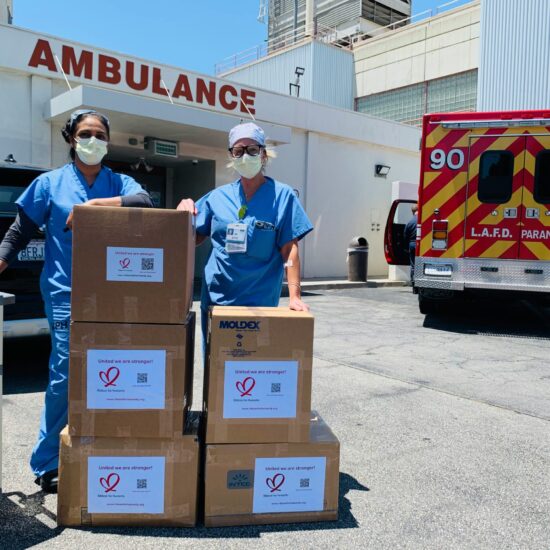Earlier this week, PBS’s News Hour featured a story about Aaron Debah, a nurse in Liberia who is the only mental health worker for a half million people in Liberia–a country that was engaged in civil war for 14 years. The story notes that 40% of the population suffers from PTSD, and this includes the child soldiers who were forced into killing and maiming and now suffer the psychological consequences. Debah uses the airwaves to encourage people to talk about their emotional struggles, hoping that their stories and conversations will encourage others to realize that they are not alone.
Two points from the video are striking. First, Sean Mayberry of StrongMinds notes that 90% of the developing world has no access to mental health services. And the need isn’t just in war-torn countries. This week on Frontline, a stunning report on TB in Swaziland showed the emotional devastation that TB has inflicted on whole families. It’s not just the TB, including those who suffer daily with multi-drug-resistant (MDR) TB. It’s the often-toxic medications that must be taken precisely or the person can develop XDR, an even more resistant and deadly form of TB. The story included examples of people with MDR and XDR who are suffering from severe depression that has sometimes led to suicide because of the miserableness and hopelessness of their lives. The need for mental health care is great.
Second, the Carter Center is working to expand Swaziland’s capacity for mental health care by training nurses to develop their knowledge and skill in providing mental health care. Former First Lady Rosalyn Carter has long been an advocate for improving mental health care worldwide. This program will be an interesting one to watch. It doesn’t seem like enough but it’s a start.
In the U.S., we are struggling with implementing the Affordable Care Act’s requirement for mental health parity–requiring insurers to cover mental health problems to the same extent that they cover physical health problems. Certainly, the primary care workforce in the U.S. struggles to provide frontline mental health care. Mental health nurse practitioners and clinical nurse specialists can help our situation, though barriers remain to these clinicians being able to practice to the full extent of their education and training. In the face of Liberia’s situation, it’s hard to justify our own continuing restrictions on mental health workers in the U.S. Time to get perspective.
Diana J. Mason, PhD, RN, FAAN, Rudin Professor of Nursing








